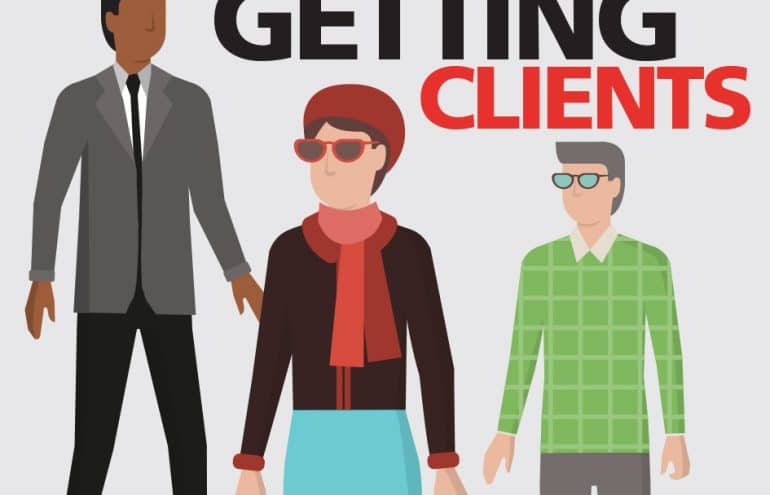It was a formal response to an RFP. Or maybe a pitch you finally made to that client you’ve been softening up for some time. And you were great! But … no, you didn’t get the work. It is so disappointing, that goes without saying. But it’s important that you not let your chin drop to your chest or disappear behind your office door for a day of pouting.
There are things to be done!
You Don’t Feel Like It?
Let’s say right up front that this is hard, hard work — putting yourself out there and asking people to say “yes!” But it’s the nature of the beast in today’s legal profession, so get used to it. And figure out ways to get better at it.
We all know that making mistakes is how we learn. But once you’re told “no,” all you know is that it wasn’t a “yes.” The way to succeed next time is to find out what went wrong this time. (Yes, there will be a next time.) So here’s a simple step-by-step to-do list for after the client turns you down.
Recover. Okay, go ahead and take a little time to bounce back from the disappointment. Something like 24 hours, no more. Go for a long walk. Dinner with friends. Read a good book. Whatever it is that rewinds your watch and gets you ticking once more.
Reconnect. Yep. Contact that person who said “no.” You may be tempted to send a safe email message, but don’t. Pick up the phone and have a real-time conversation. Some people will encourage you to do this face to face, but I’m not one of them. Having been on the other side of a few of those, I’ve learned that the implied pressure is too great. If you insist on “lunch so we can find out what went wrong,” they may take you up on it, but you’ll never see them again. Ick. Here’s what you want to accomplish:
- Confirm that the answer was really “no.”
- Communicate that there are no hard feelings and that you really value and respect their decision-making.
- Learn if someone else was given the work and, if so, who it was. (It’s always good to know who your competition is.)
- Inquire whether there’s anything they think you should know so that you can do a better job next time.
- Make sure they know that you are always prepared to step in and help in any way in the future.
Reconnoiter. Sit down together with everyone who assisted with the pitch. Your peers, young lawyers and staff. Be mature about it and don’t feel embarrassed. This is a great time to model for others how to handle disappointment. Share the client’s feedback with them—they deserve to know. Then ask what might have been done differently and listen. They’ll have some good general thoughts. Make sure you encourage them to give you personal feedback as well. If your colleagues can’t speak honestly with you, who can? And if they can’t, how will you learn?
Begin again. Make any changes in systems or methods that you’ve learned should be made. Pull up that prospects list on your computer and figure out your next opportunity to try out what you’ve learned. Get back up on that horse!
Wouldn’t it be great if clients just noticed the firm website by chance and found what you’ve written about yourself to be so compelling that they call and hire you on the spot? Yeah. Never happens. If you’re going to be in private practice nowadays, you’re going to have to learn how to ask for (and get) the work.
Doing it wrong is your best opportunity to get it right.


















